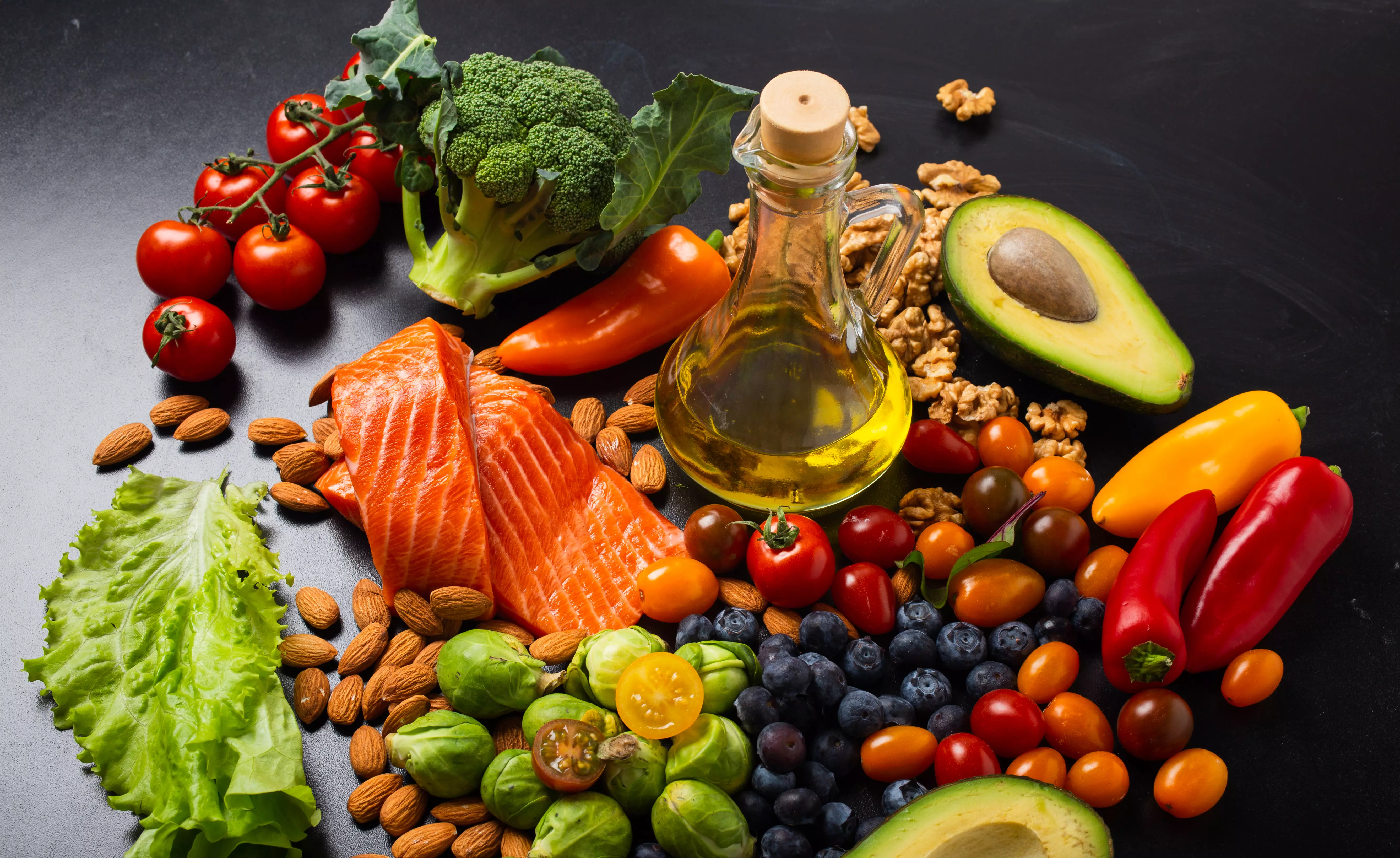Diet for people with iron deficiency
Introduction
Iron deficiency is a common problem that affects many people around the world. Lack of this important element can lead to anemia, which manifests itself as fatigue, weakness and headaches. However, there is a way to overcome this deficiency and improve health. The key is a proper diet rich in iron.
Iron in the diet
Iron is essential for the proper functioning of the body. It is responsible for transporting oxygen in the blood, producing hemoglobin and maintaining good health. Therefore, it is important to include iron-rich foods in your diet.
There are two types of iron: heme and non-heme. The first type is found in animal products such as meat, fish and poultry. The second type is found in plant foods, such as vegetables, nuts and legumes. The diet should include both types of iron to ensure adequate iron intake.
Foods rich in iron
When it comes to diets for iron deficiency, there are a number of foods to consider:
Meat
Meat is one of the best sources of iron. It is best to go for red meat, such as beef, mutton or venison. However, poultry meat, such as chicken or turkey, is also a valuable source of iron.
Fish
Fish is not only tasty, but also rich in iron. In particular, it is recommended to eat oily fish, such as salmon, mackerel and sardines. In addition to iron, they will also provide valuable omega-3 fatty acids, beneficial for heart health.
Leafy vegetables
Leafy vegetables such as spinach, kale, arugula and lettuce are great sources of iron and other nutrients. You can add them to salads, smoothies or cook them as a side dish.
Nuts and seeds
Nuts, such as almonds, walnuts or cashews, and seeds, such as flaxseed or pumpkin, contain not only iron, but also fiber, healthy fats and plenty of nutrients. Add them to your diet as a snack or breakfast addition.
Legumes
Peas, lentils, beans or chickpeas are great sources of iron, protein and fiber. You can use them to prepare soups, one-pot dishes or salads.
More tips
In addition to eating iron-rich foods, there are several other tips that can help increase the body's absorption of this element:
Avoid tea and coffee
Tea and coffee can hinder the absorption of iron. If you suffer from iron deficiency, it is a good idea to limit their intake or drink them separately from meals rich in this element.
Increase your intake of vitamin C
Vitamin C, especially present in citrus fruits, kiwi, peppers or strawberries, improves iron absorption. Try to eat foods rich in vitamin C along with iron-containing dishes.
Avoid foods rich in calcium
Calcium can inhibit iron absorption. If you take calcium supplements, it's a good idea to take them separately from iron-rich meals.
Summary
The diet for people with iron deficiency should include a variety of foods rich in this element. Meat, fish, leafy vegetables, nuts, seeds and legumes are foods that should be included in the diet of people with iron deficiency. In addition, it's worth keeping in mind other factors that can affect iron absorption, such as drinking tea, drinking juices with vitamin C and avoiding calcium-rich foods. By keeping these recommendations in mind, you can improve your health and well-being.
